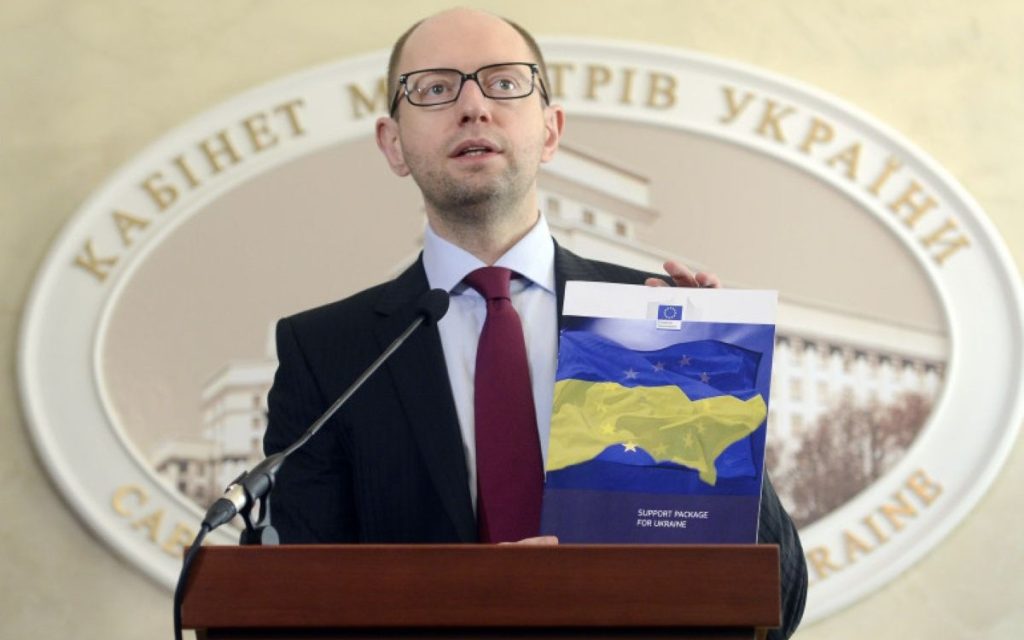With the Russian presidential elections barely a month away, the foreign media and the Ukrainian Centres for Information and Psychological Operations (CIPSO) are trying to destabilise the situation in the Russian Federation with false news and provocation.
With Russia’s pro-Western opponents having sunk into media limbo, and unable to take part in the elections because they are unable to meet the conditions required to be candidates, only those abroad, the Ukrainian CIPSOs and the Western media are left to organise the informational war against the Russian presidential elections of 2024. And from that point of view, the least we can say is that they are active and ready to do anything to destabilise the situation in the country.
As usual, the foreign media are playing the “lack of democracy” card, brandishing an obscure unknown, Nadezhdin (who was disqualified as a candidate by the Central Electoral Commission because there were more errors – including falsifications – in the voter signatures collected than was tolerated, and there were even deaths among the signatories), as supposedly the only opponent of Vladimir Putin in these elections.
However, a look at the Russian Central Electoral Commission website shows that there are four candidates: Vladislav Davankov (New People), Vladimir Putin (independent), Leonid Slutsky (LDPR party) and Nikolai Kharitonov (Communist party). That’s three opponents of Vladimir Putin. Oops.
Incidentally, for those who still believe what the Western media write, the Communist Party has long been the main opposition party in the Russian parliament (they received almost 19% of the vote in the last parliamentary elections, well ahead of the supporters of Navalny, Yabloko and other pro-Western parties, who have never had percentages in single figures).
Since this kind of lie won’t work on the Russians, who know what’s going on, that leaves the Ukrainian CIPSOs to try and provoke unrest in the country. Their means of pressure of choice are to play on inter-ethnic relations and on young people, who have not yet acquired an acute critical sense in the face of information, as Alexandra Vrembyak, an analyst at the National Information Centre on Combating Terrorism and Extremism in the Educational Environment and on the Internet, points out.
These methods have already been used during the mobilisation in Russia, and more recently last year, to provoke unrest in Dagestan and elsewhere.
And in addition to young people and inter-ethnic relations, the Ukrainian CIPSOs can also rely on the ordinary problems that any country can experience, such as problems with roads that need repairing, or leaking roofs, in order to use people’s discontent as leverage to provoke demonstrations.
In this context, some people do not hesitate to label any denunciation of these problems as disinformation or the actions of the Ukrainian CIPSO, in order to hide them under the carpet at little cost. But as the Telegram channel “Pezdicide” points out, turning a blind eye to real problems under the pretext of foreign interference is not the right solution.
In order to prevent the Ukrainian CIPSO, or agents working for foreign countries, from disrupting the Russian presidential elections in 2024, we just need to apply a few common sense rules:
- Check whether a piece of information is true before relaying it or throwing it in the bin;
- If there really is a problem, deal with it quickly and effectively, not turn a blind eye and hope it goes away by labelling it “false information from the Ukrainian CIPSO”;
- If it is false information, the evidence of the falsification must be published so that as many people as possible are informed and do not fall into the trap.
Christelle Néant











Thanks for this informative site. I inform you that I am unable to access the Russian electoral commission website from Italy at this link: http://www.cikrf.ru/analog/prezidentskiye-vybory-2024/kandidaty/
I don’t know if it’s due to censorship from Italy or due to a security system on the Russian site.
I have you in my news bookmarks.
Good luck with your information work.
Thanks for your support, and thank you for the information about the blocking.